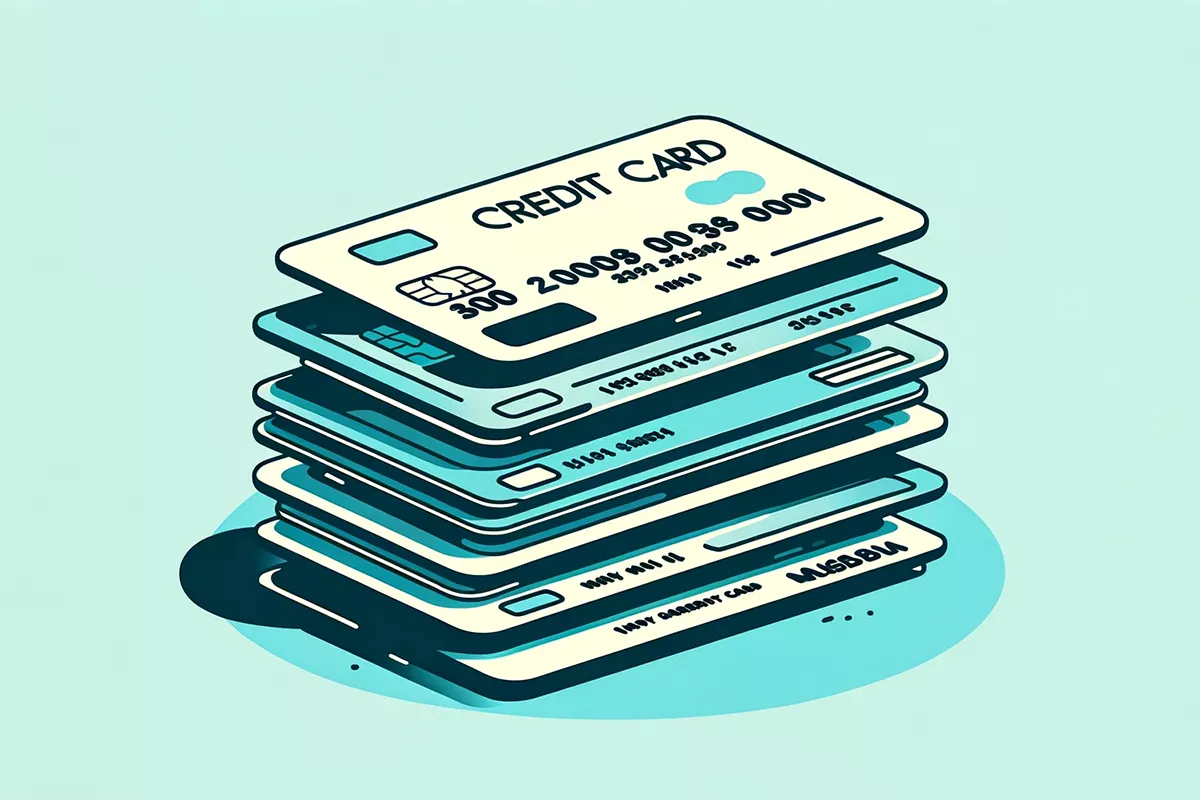The average American spends about $3,196 every month on bills, utilities, & groceries. Assuming that the standard cashback rate on credit cards is 1.5%, you can save $48 monthly by paying your essential expenses with your credit card. That’s not even counting the points you can earn by doing this.
| Essential Expenses | Average Monthly Cost | Data Source |
| Rent | $1379 | Apartment List’s National Rent Report |
| Groceries | $902 | Official USDA Moderate Food Plan |
| Electricity | $137 | EIA Monthly Electric Power Industry Report |
| Natural Gas | $80 | American Gas Association 2022 Report |
| Water | $45 | Bluefield Research’s 2021 Municipal Water Index |
| Mobile Phone Bill | $119 | doxoINSIGHT’s Household Spending Report |
| Cable & Internet | $118 | doxoINSIGHT’s Household Spending Report |
| Insurance | $416 | doxoINSIGHT’s Household Spending Report |
However, it always pays to do your due diligence when making financial decisions. Is it safe to pay your bills & utilities using your credit card? Are there any fees involved in doing this? And do most credit cards even allow you to do this?
Can You Pay Your Bills and Utilities with Your Credit Card?
Yes, you can pay some of your bills & utilities with your credit card. However, your vendor may pass the credit card processing fees to you, resulting in a 2-3% increase in your bill payment.
Which Bills and Utilities Can You Pay with a Credit Card?
Bill & utility companies that accept credit card payments fall into two categories: those that charge convenience fees and those that don’t.
Paying Bills and Utilities without Convenience Fees
The best case scenario is to pay your bills & utilities using your credit card without paying any additional fees. After all, the goal is to save money through your credit card’s cashback promo. And if the convenience fees cost more than the cashback you can earn, then what’s the point?
1. Cable, Internet, and Mobile Phone bills
These service providers often accept credit card payments, and in most cases, they don’t charge any extra fees.
2. Home and Auto Insurance
This isn’t as clear cut as the previous example. Some insurance companies do charge additional fees. While some allow you to pay using credit cards without additional charges, but only if you pay the premium in full.
3. Online Subscription Services
Online subscriptions often allow users to pay using a variety of payment options, credit cards included. Best of all, most, if not all, of these online subscription services allow you to pay using a credit card without charging any additional fees.
Paying Bills and Utilities with Convenience Fees
In most cases, it’s not worth trying to pay for these services using your credit card. However, it’s still possible for you to gain enough value through your cashback and points to offset the additional convenience fees that you’ll have to pay.
1. Rent Payment
Most landlords don’t accept credit cards when it comes to rent payments. However, you could probably negotiate with Mom & Pop Rental Businesses to accept credit card payments, especially if you offer to cover the processing fees.
2. Utility Payments
If your service provider accepts credit card payments, you’ll most likely have to pay a convenience fee. In some cases, a flat convenience fee may be charged. If this happens, you could still reap the rewards if your utility bill is high enough.
It goes without saying that you should only consider paying your bill & utilities with your credit card if you can consistently pay off your statement balance every billing cycle.
5 Best Credit Cards to Pay Bills & Utilities
Even though the standard cashback rate is roughly 1.5%, some cards offer higher rates for specific spending categories. So we’ve compiled a list of credit cards that offer increased cashback rates and additional rewards when paying for bills, utilities, and groceries:
1. American Express Blue Cash Preferred Card
The Blue Cash Preferred Card offers 6% cashback* at U.S. supermarkets and on select U.S. streaming subscriptions.
*Up to $6,000 per year in purchases.
2. U.S. Bank Cash+ Visa Signature Card
The Cash+ Visa Signature Card offers 5% cashback* on two of these categories: Fast Food, Online Streaming, Mobile Phones, Home Utilities, Department Stores, and Electronic Stores.
*Up to $2,000 in combined eligible purchases each quarter.
3. The Venmo Credit Card
The Venmo Credit Card offers 3% cashback on your top spending category, 2% cashback on your second highest spending category, and 1% cashback on all other eligible categories.
The categories eligible for the 2-3% cashback are the following: Dining & Nightlife, Travel, Bills & Utilities, Health & Beauty, Grocery, Gas, Transportation, and Entertainment.
4. Bilt World Elite Mastercard Credit Card
The Bilt World Elite Mastercard doesn’t offer any cashback rewards; however, it waives the usual processing fees when you use it to pay your rent. This card also solves the issue of credit cards not being accepted by most landlords.
In the case of a landlord who doesn’t accept credit card payments, you can use the Bilt Rewards App to pay using your credit card, and Bilt will mail a check for you that you can send to your landlord.
Better yet, this card awards 1 point per $1 spent on rent, up to 100,000 points annually.
Summary
The average American spends about $3,196 every month on bills, utilities, & groceries. All of this spending can be leveraged by utilizing credit card rewards.
Earn 6% cashback on groceries and streaming subscriptions with American Express Blue Cash Preferred Card.
With the U.S. Bank Cash+ Visa Signature Card, you can earn 5% cash back on mobile phone bills and home utilities. Finally, you can use the Bilt World Elite Mastercard Credit Card to pay your rent with a credit card, even if your landlord only accepts cash or checks.



